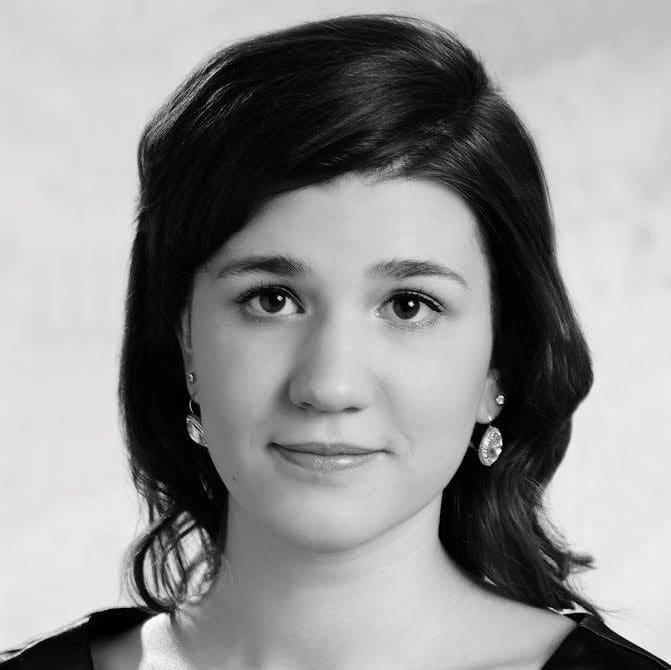



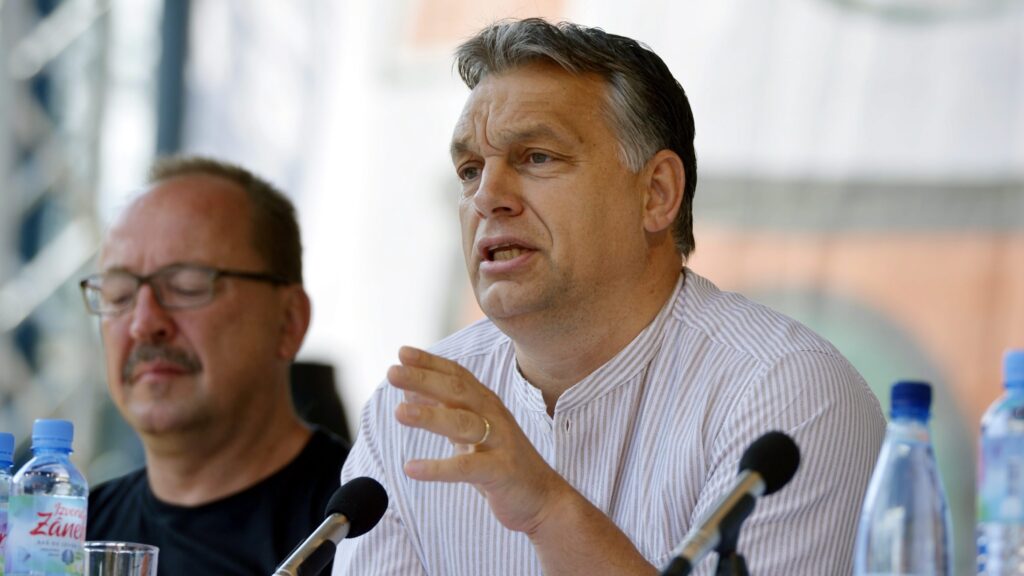
The first Tusványos speech that became famous across the Western world was delivered a decade ago in 2014. In the international, and especially Western media, the speech became (in)famous for using the phrase ‘illiberal democracy’ for the first time. Talking about competitiveness in a globalizing world Orbán said: ‘We are trying to find the form of community organisation, the new Hungarian state, which is capable of making our community competitive in the great global race for decades to come.’

Despite the series of peace plans formulated over the last years, the positions of the presidents of the warring nations, Zelenskyy and Putin still look irreconcilable. As Prime Minister Orbán highlighted on numerous occasions, however, ‘peace won’t happen of its own accord’ and ‘without dialogue it is very difficult to see how they will move in the direction of peace’.
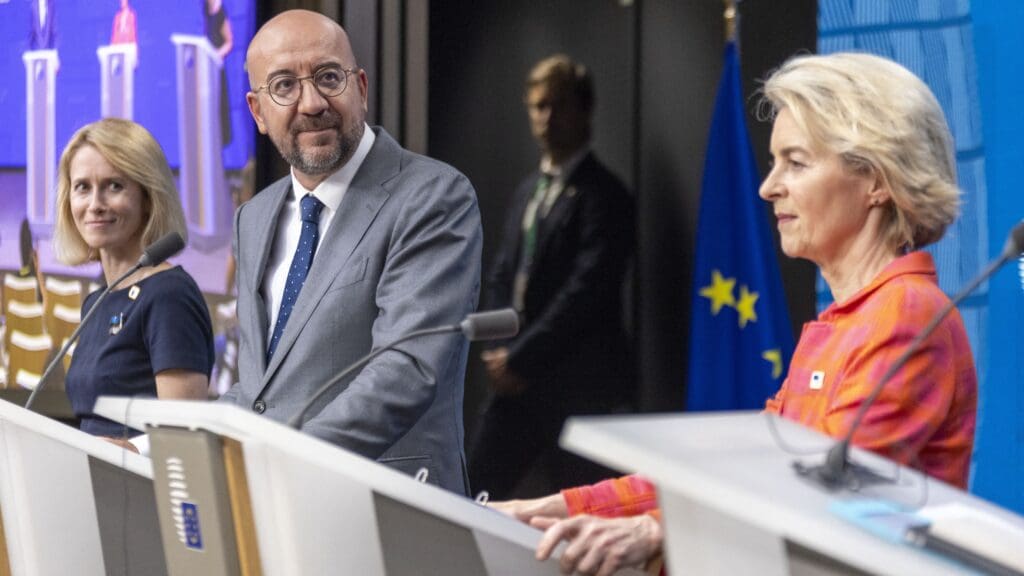
The cordon sanitaire as used by the EP today is not a reasonable political tactic to block parties that are radical beyond reasonable doubt, but a way for the political elite to block the will of the people, hollowing out the very purpose of democratic elections: to determine the political elite of the polis.
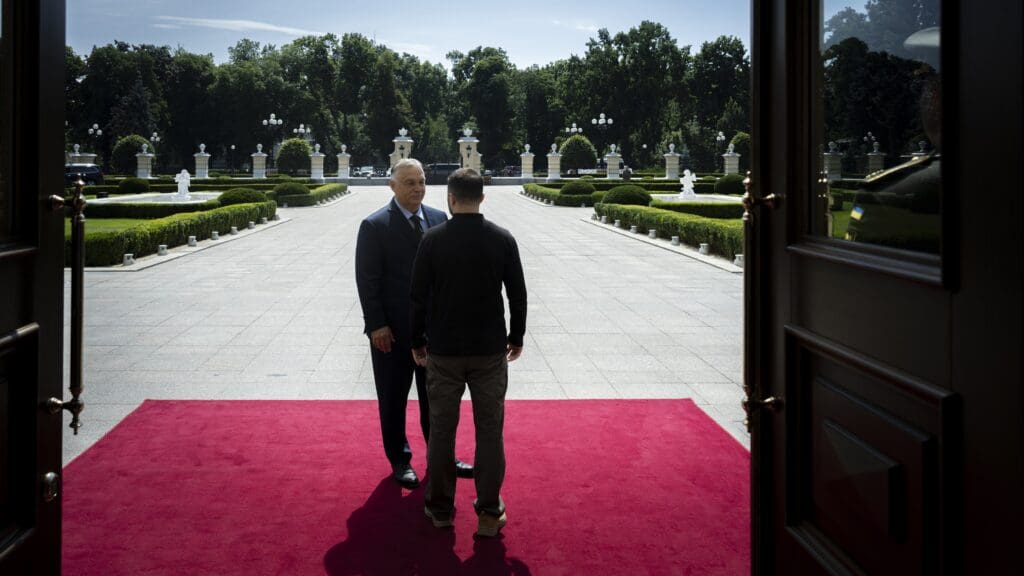
In December last year a new law created a distinct category for ‘EU minorities’ in Ukraine (such as the Hungarian and Romanian ethnic minorities) that now have access to more privileges than for instance the Russian minority. Later, as a sign of goodwill to better relations, Foreign Minister Péter Szijjártó visited Ukraine. Now, with the meeting between Orbán and Zelenskyy the two country’s relationship is officially warming up. If in the long-term Budapest does manage to considerably contribute to peace between Russia and Ukraine, as it clearly intends to, it might have a long-lasting positive impact on bilateral relations.

The recent terror attacks in Dagestan are only some of the many signs that Russia is facing a real threat in terms of radical Islam in the Caucasus. In October 2023 a crowd of Muslim fanatics besieged the Makhachkala airport in search of Jews. The antisemitic riot which led to sixty people being arrested left the airport with smashed windows and injured policemen.
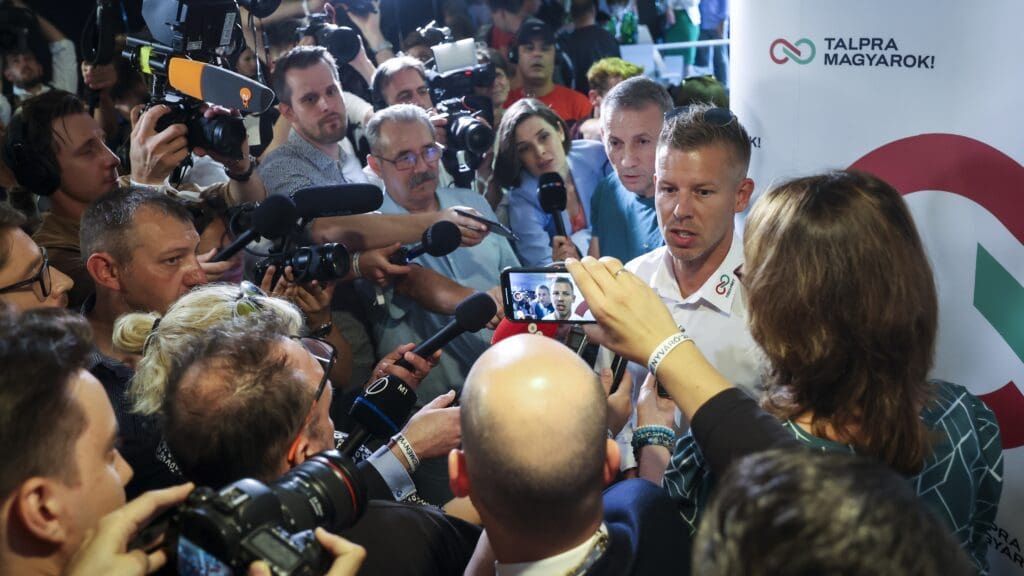
Popular anti-government actor Ervin Nagy has been named as a high-profile donor for Magyar’s demonstrations, yet some question if Nagy’s financial support is sufficient to cover the expenses of photographers, stages, audio and other electronic equipment, not to mention the honoraria of advisors and the costs of travel and accommodation. Trying to clarify the situation Magyar also cited micro-donations from ordinary Hungarians as the source of funding for his campaigns. He also promised to make his asset declaration public back in April, following a rather high-profile breakup with his ex-wife, the former Minister of Justice Judit Varga, but he has not done it so far.
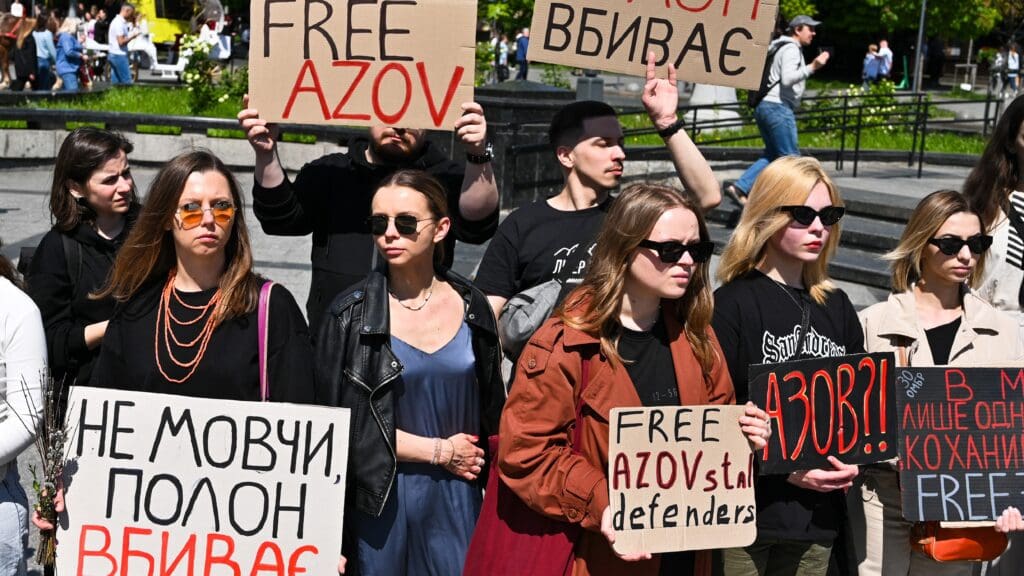
‘Else than the Azov militia, the most well-known example of radicals fighting in Ukraine is that of Denis Kapustin (also known as Denis Nikitin), the leader of the Russian Volunteer Corps (RVC), who led multiple raids into Russia from Ukraine. According to POLITICO, Kapustin is regarded as ‘one of the most influential neo-Nazi activists’ in today’s era. The praise these military formations received in the West for their reckless actions in Belgorod, without recognition of the dangers of their radical ideology, also feeds into Russian propaganda and helps it draw a parallel between the alleged past and present support the West gives to Nazis.’
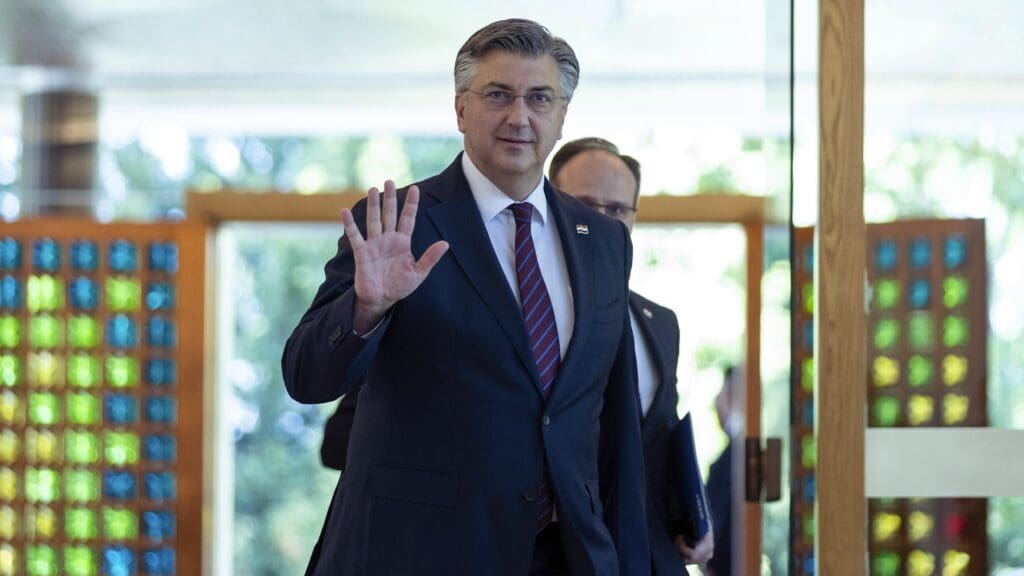
The HDZ-led coalition won 34.4 per cent of the votes in the general election, while the Rivers of Justice got 25.4 per cent of the vote, with a turnout of 62.3 per cent. These results give a hint as to what the outcome of the upcoming European Parliament elections may be. (In the EP HDZ is part of the European People’s Party, while SDP is a member of the Progressive Alliance of Socialists and Democrats (S&D).) Precedent shows that if two elections are held shortly after each other the party that won the first election is likely to slightly improve its vote share in the subsequent election.
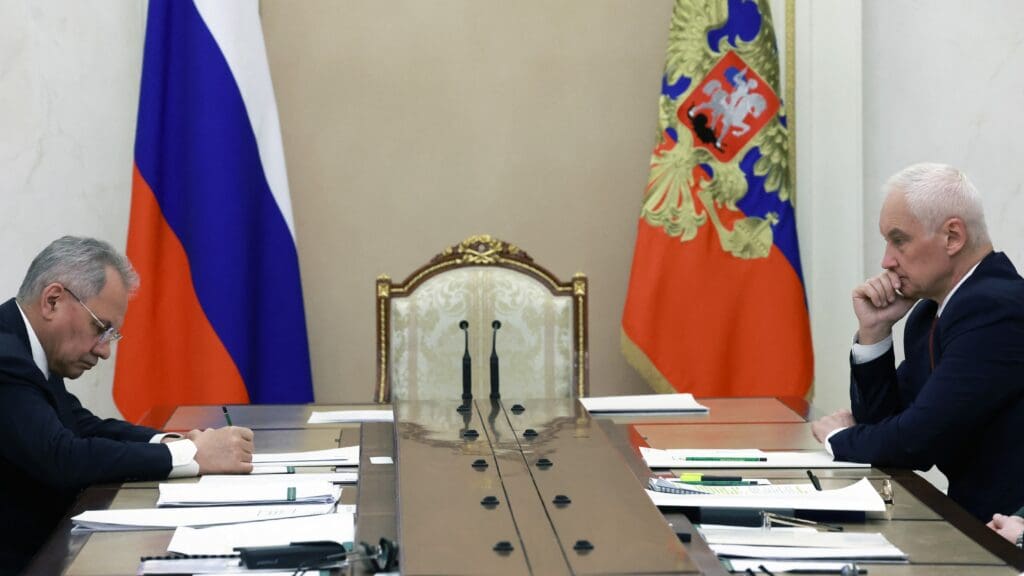
Russia held its first three-day-long presidential election between 15–17 March 2024; 7 May marked the previous cabinet’s last day in office. The new appointments in the Russian cabinet are significant not only because they mark the Kremlin’s apparent preparation for a long war, but also because they provide a fresh insight into the power games played in Moscow.
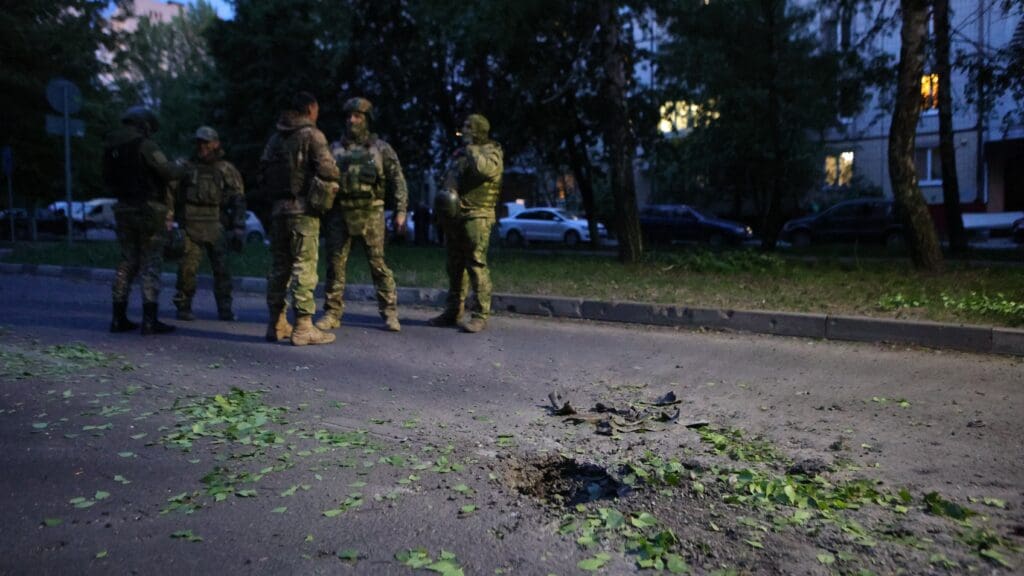
‘The vestiges of Cold War thinking continue to linger on, with the fear of a hypothetical Russia–West conflict escalating into a war that ends civilization imprinted on our minds so much that it has never actually gone away. Nevertheless, it must be recognized that Russia has lost much of its power compared to its Communist era strength and would struggle if it wanted to fight against the West. To be precise, barring the suicidal option of launching a nuclear holocaust and burning everyone, including itself, to smouldering ashes, Russia is not even economically competitive enough to master sufficient military power to achieve superiority in brute force over Ukraine, not to mention having the strength to go on and attack any NATO country.’

‘The approach advocated for by Tamás Sulyok is not the reverse of the European Court of Justice’s primacy over national constitutional courts. Contrary to the view of some misguided alarmists, Sulyok did not argue for the unquestionable primacy of the Hungarian interpretation of national constitutions over the European. In fact, in Tamás Sulyok’s view, the relations between the two does not have to be hierarchical at all, with one having the ultimate interpretative power with regards to the constitutions of the EU member states.’

About 5 per cent of the Hungarian GDP is generated by the auto industry, therefore, initially, the EU’s decision to ban the sale of all new combustion-engine cars in 2035 was met with resistance in Hungary. Due to the ban, it is expected that from 2035 on practically only electric vehicles will be allowed to be sold in the European single market, which could have left the Hungarian economy that was dependent on the old technology vulnerable. Fortunately, however, Hungary showed a remarkable ability to adapt to the changing circumstances. In the past two years since the ban was proposed electric battery manufacturers have been engaged, which helps facilitate the green transition of the Hungarian car industry.

Albeit it is difficult to predict outcomes in advance, what seems very promising in terms of the Paris Olympics is that Kristóf Milák was faster than his chief international counterparts last week in Budapest. One great rival of his, Léon Marchand swam the 200m butterfly, Milák’s number one stroke, seven milliseconds more slowly than Milák (with a result of 1:54.97 compared to 1:54.90). Marchand recently swam a time of 48.40 seconds in the 100m freestyle, and so did Caeleb Dressel in San Antonio, US. During the national swimming championship, Milák was two milliseconds faster than both of his rivals.
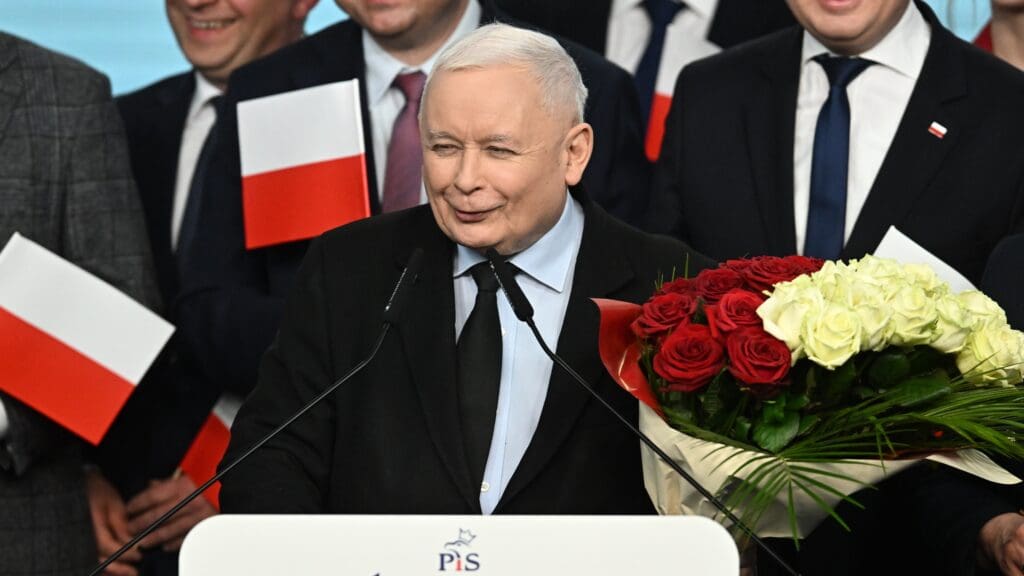
Local elections are an important episode in the power play for the leadership of the two largest parties in Poland. After the ultimate defeat of his party in the general election Jarosław Kaczyński came under heavy criticism, with demands that he resign and take responsibility for the electoral failure. PiS coming out on top on 7 April is expected to silence these voices and stabilize Kaczyński’s position.
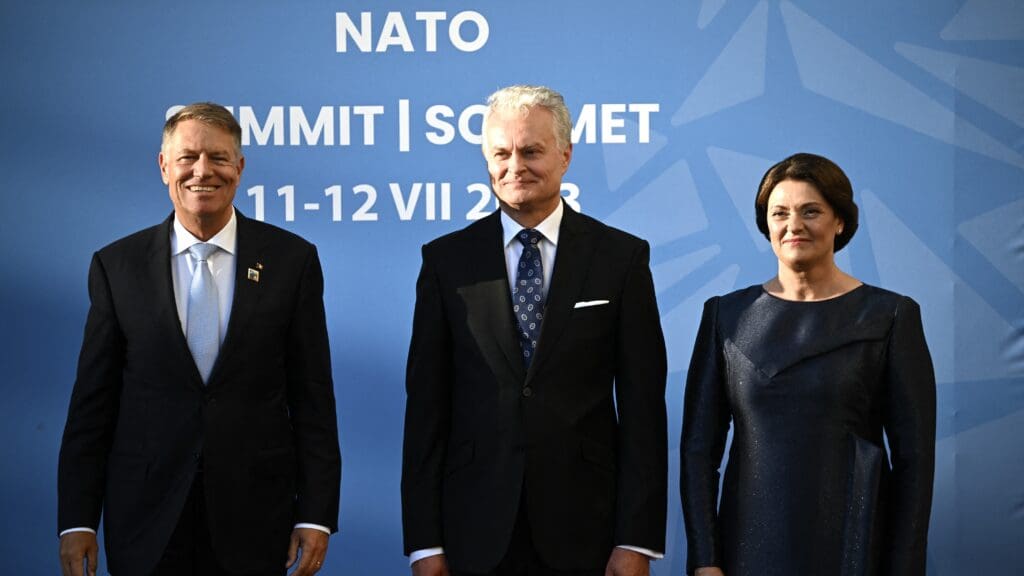
Hungary strongly opposes Dutch PM Mark Rutte’s candidacy. There are alternatives to Rutte, however; candidates that might not enjoy widespread support as of now but are less divisive. Romanian President Klaus Iohannis, for one, recently announced his candidacy for the role. But Hungary’s endorsement of President Iohannis is not self-evident, considering that Klaus accused the Romanian Socialist Democratic Party and the Hungarian minority party UDMR of conspiring ‘to give Transylvania to Hungary’ during the COVID-19 pandemic.

Why not surprise your family with a truly Hungarian dish this winter? Learn more about Hungary’s number one Christmas gastronomic delight, stuffed cabbage rolls and test your cooking skills!

Music is an inalienable part of celebrations, and it is no different at Christmas. But what do Hungarians listen to and sing on this special holiday? We have collected the top classics for you in our article.

In the West, there are a number of remarkable, colourful traditions linked to Christmas that vary from country to country. But what cannot be missing from any home where Christmas is celebrated is a decorated pine tree.

Bejgli, the mouth-watering poppy seed pastry, is one of the most favourite Christmas delicacies in Hungary.

Imre Zsellér, a prolific artist, decorated hundreds of churches and public buildings across the Kingdom of Hungary with his extraordinary stained glass and mosaic creations.
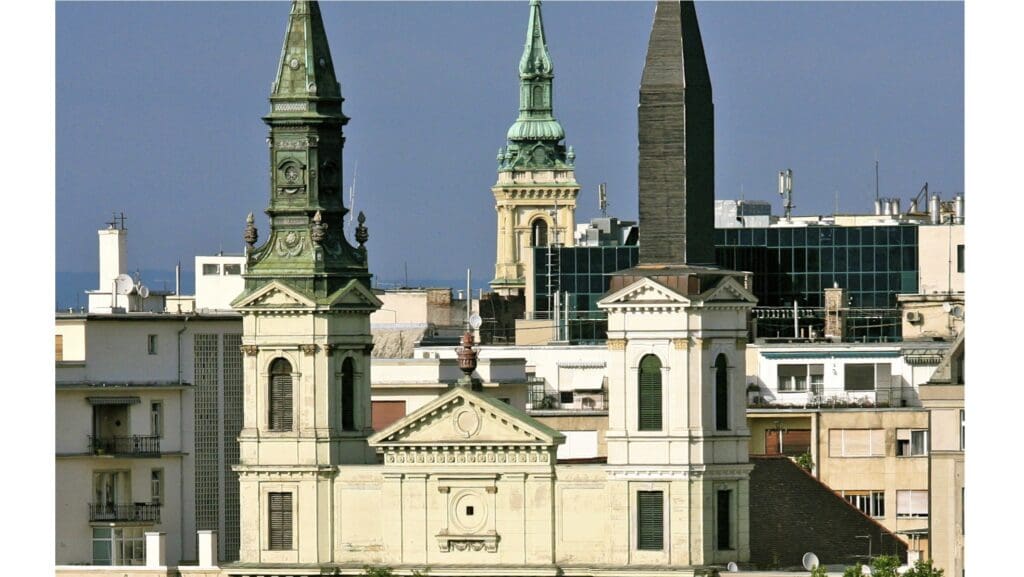
Originally a Greek-built temple, now known as the cathedral of the Moscow Patriarchate, is one of the most iconic buildings on the Pest side of Budapest, right on the bank of the Danube River.

In the 11th century, three brothers moved from the Kingdom of Hungary to the Kievan Rus—while one of them died defending the Rus’ first two saints, Boris and Gleb, the other two later became Orthodox saints themselves as well, establishing a monastery that functions till this day.

While millions of children across the globe get their Christmas presents from Santa on Christmas Day, in Hungary, Saint Nicholas, called Mikulás, arrives on the eve of 6 December, bringing sweets and nuts, and leaves the task of delivering the real Christmas gifts to the angels.
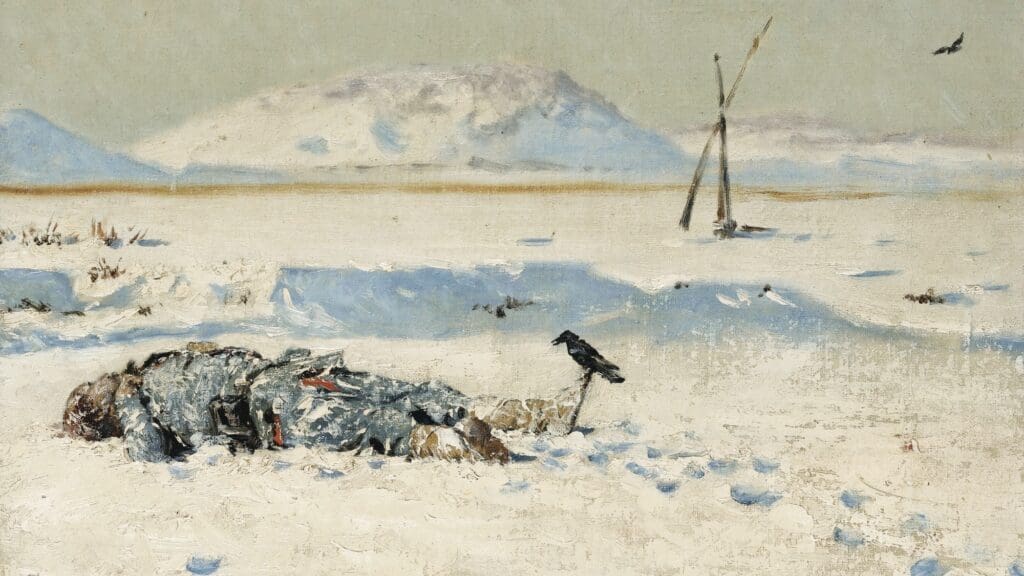
According to estimates, in November Russia suffered over 900 casualties a day; thousands of Ukrainian civilians and more than 30,000 Ukrainian soldiers have been killed since the start of the invasion. It is clear that the cost of the war is becoming unbearably high.
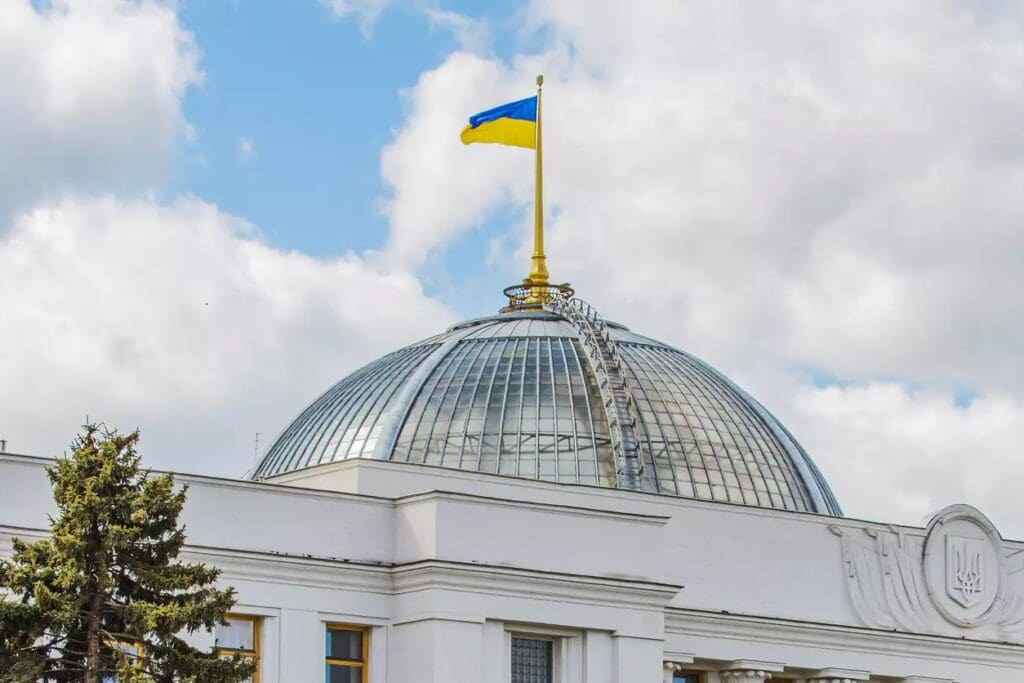
Ukraine may amend its legislation restricting minority rights, and the new initiative appears to be a praiseworthy improvement. However, the draft regulation concerns only the recognized nations of the EU, intentionally excluding Russians and Russian speakers.
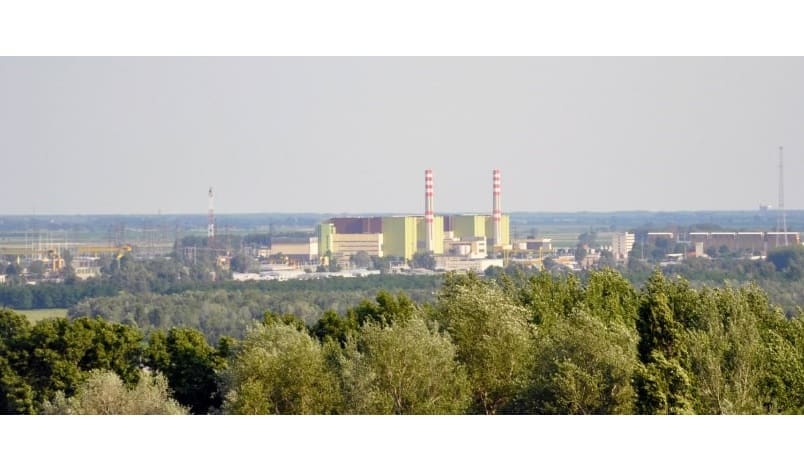
Allowing alternative sources of fuel to Paks is a step closer to diversifying Hungary’s energy resources. Meanwhile, the French company Framatome is the expected winner of the proposal to develop the control hardware of the power plant.
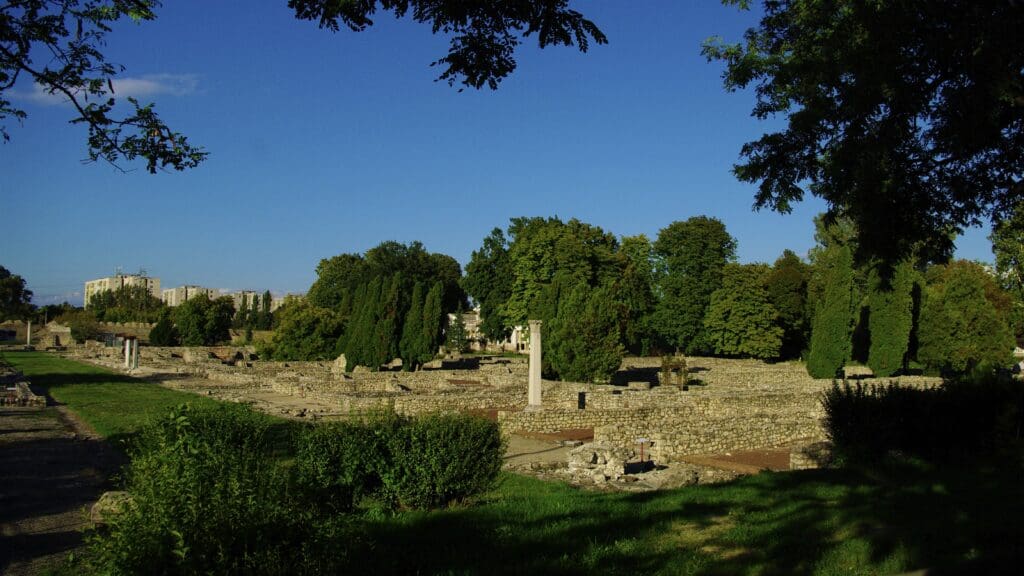
The Western parts of Hungary used constitute the Roman province of Pannonia, a land that served as a buffer zone, a bulwark protecting the Empire from the perils posed by the steppe peoples, especially after the Romans retreated from Dacia.
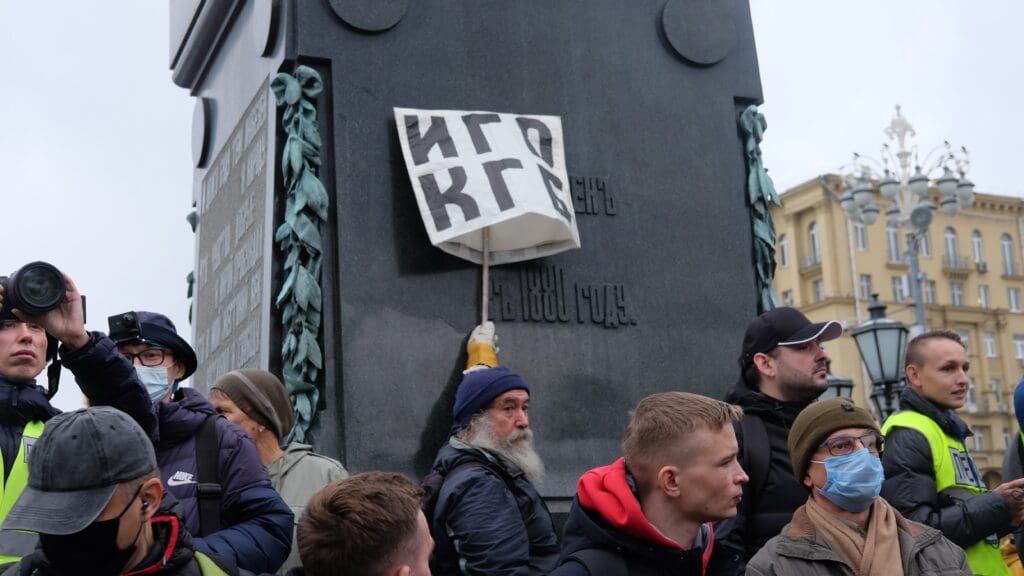
No surprises expected: the Kremlin is preparing for the 2024 presidential elections with hand-picked candidates and restrictions.

The Austro–Hungarian Empire was not a colonial empire in the traditional meaning of the word—however, there were a number of attempts on the part of the Dual Monarchy to establish overseas territories, some of which even had moderate success.
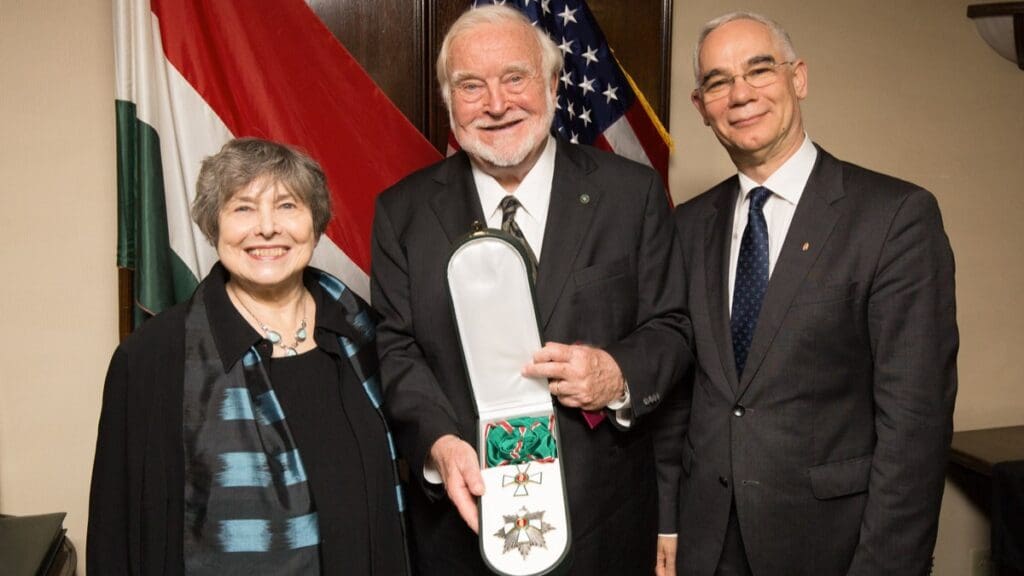
Mihály Csíkszentmihályi, a Széchenyi Prize winning Hungarian American psychologist, is best known for his theory of ‘flow’, a mental state that is the key to a harmonious and contented life.

Hungarian Conservative is a quarterly magazine on contemporary political, philosophical and cultural issues from a conservative perspective.